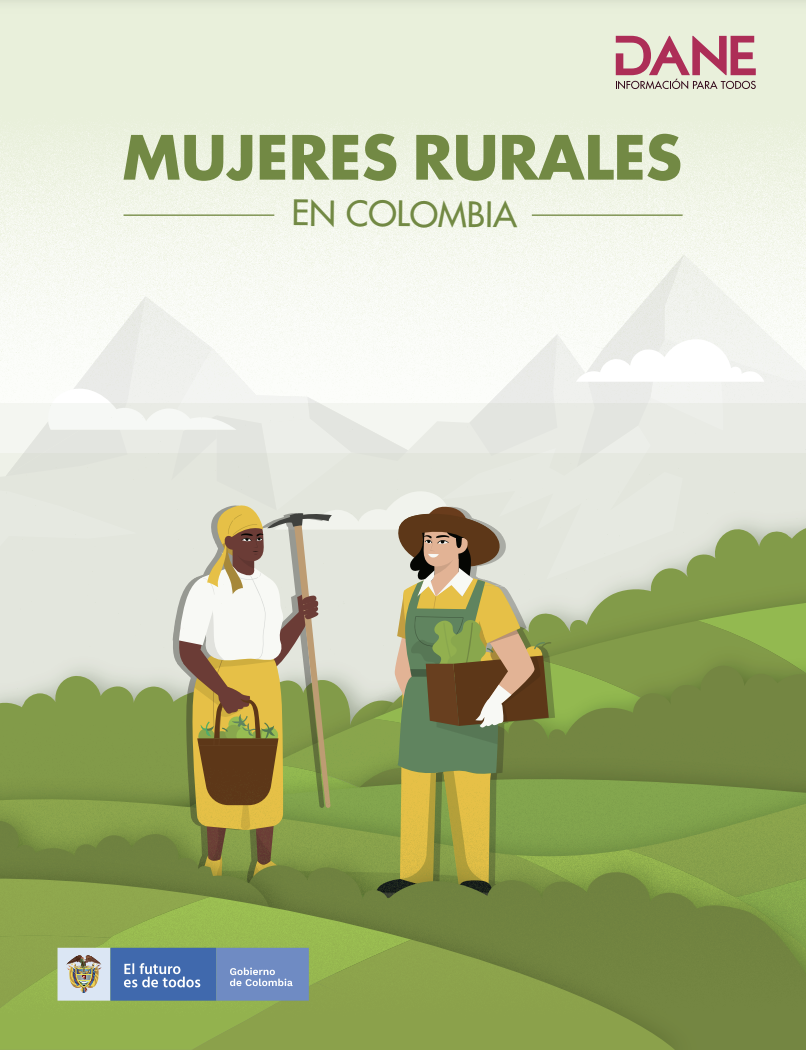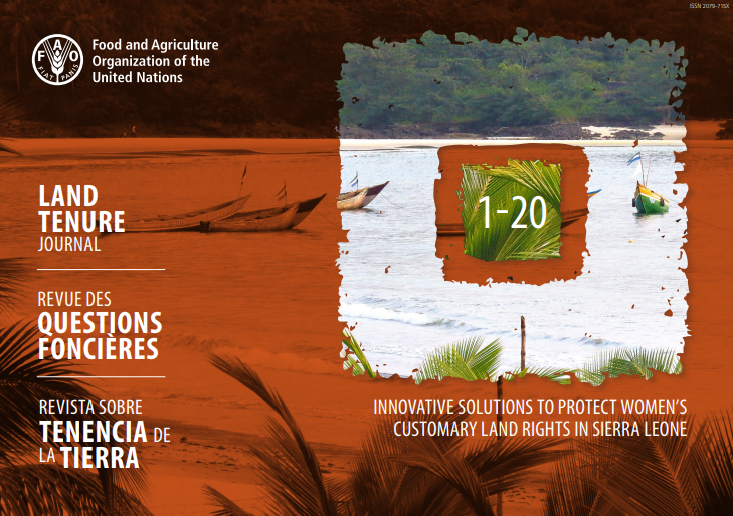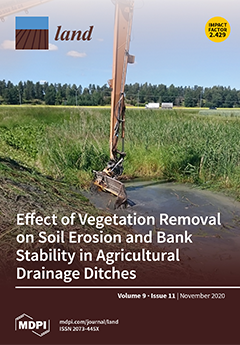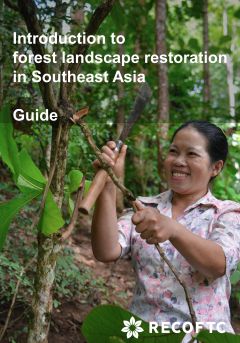Mujeres rurales en Colombia
El Departamento Administrativo Nacional de Estadística – DANE, en reconocimiento de la necesidad de visibilizar las situaciones de vida de todos los grupos poblacionales, presenta este boletín descriptivo que pretende mostrar un panorama de las condiciones de vida de las mujeres rurales en Colombia, principalmente tomando como año de referencia 2019. La primera sección incluye una descripción de la población que habita las zonas rurales en Colombia, seguida de información sobre la población rural con autorreconocimiento étnico; en la tercera sección se presenta el trabajo realizado por las









